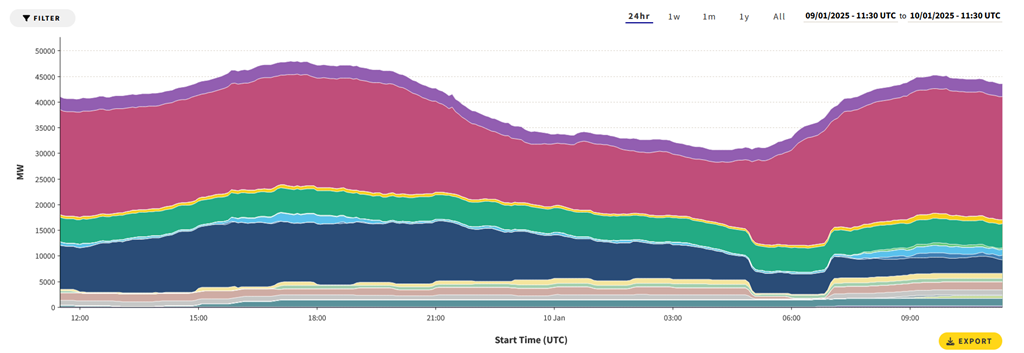

A groundbreaking screening method combining laser technology and artificial intelligence (AI) has shown promise in detecting breast cancer at its earliest stage, according to researchers at the University of Edinburgh.
This non-invasive technique can identify subtle changes in the bloodstream that occur during the initial phases of the disease, known as stage 1a—changes that current tests cannot detect.
The researchers believe this method could revolutionize early detection and monitoring for breast cancer and pave the way for screening multiple types of cancer.
Early diagnosis is critical, as most cancer-related deaths occur when the disease is identified at a later stage, often after symptoms appear.
Traditional breast cancer screening methods include physical exams, mammograms, ultrasounds, and biopsies. These approaches often depend on factors like age or high-risk group classifications.
In contrast, the new method, which combines laser-based Raman spectroscopy with machine learning, is designed to detect the disease earlier and more effectively.
How the New Test Works
The process begins with shining a laser beam into blood plasma samples. As the light interacts with the blood, a spectrometer analyzes how its properties change.
These changes reveal minute alterations in the chemical makeup of cells and tissues, which are potential indicators of cancer.
Next, a machine learning algorithm analyzes the results. By identifying patterns and features within the data, the AI system helps classify the samples, distinguishing between healthy individuals and those with early-stage breast cancer.
In a pilot study, this technique demonstrated remarkable accuracy. Out of 24 blood samples—12 from breast cancer patients and 12 from healthy controls—the test identified breast cancer at stage 1a with 98% accuracy.
Moreover, it could distinguish between the four main subtypes of breast cancer with over 90% accuracy. This level of precision could enable more personalized treatment plans tailored to each patient’s specific cancer type.
Why This Matters
Detecting cancer at such an early stage offers a significant advantage. Treatment is typically more effective when cancer is found early, increasing the chances of survival and reducing the intensity of therapy required.
The ability to identify different cancer subtypes also means treatments can be better targeted, improving outcomes further.
Previous attempts to use similar laser and AI-based approaches for cancer detection have only been able to identify cancers at stage two or later. This new method represents a major step forward.
Future Implications
The researchers aim to expand their work by involving more participants and testing for other cancers in their earliest stages. If successful, this approach could lead to a multi-cancer screening test capable of identifying several types of cancer early.
Dr. Andy Downes, who led the study, explained the importance of the findings: “Early diagnosis is key to long-term survival, and we finally have the technology required.
This test could help find cancers at a stage where they are far more easily treated. The next step is to apply this method to other cancer types and build a comprehensive database.”
The study, published in the Journal of Biophotonics, highlights the potential of combining advanced technology with medical research.
Blood samples for the study were provided by the Northern Ireland Biobank and Breast Cancer Now Tissue Bank, and the project involved collaborations with the University of Aberdeen, Rhine-Waal University of Applied Sciences, and other institutions.
While this is an early-stage study with a small sample size, its success shows promise for a future where cancer detection is faster, less invasive, and more accurate.
If developed further, this technology could significantly improve survival rates by identifying cancers before symptoms even appear.
If you care about cancer, please read studies about vitamin D and bowel cancer, and a cautionary note about peanuts and cancer.
For more health information, please see recent studies about the link between ultra-processed foods and cancer, and everyday foods to ward off pancreatic cancer.
The research findings can be found in the Journal of Biophotonics.
Copyright © 2024 Knowridge Science Report. All rights reserved.







Leave a Comment